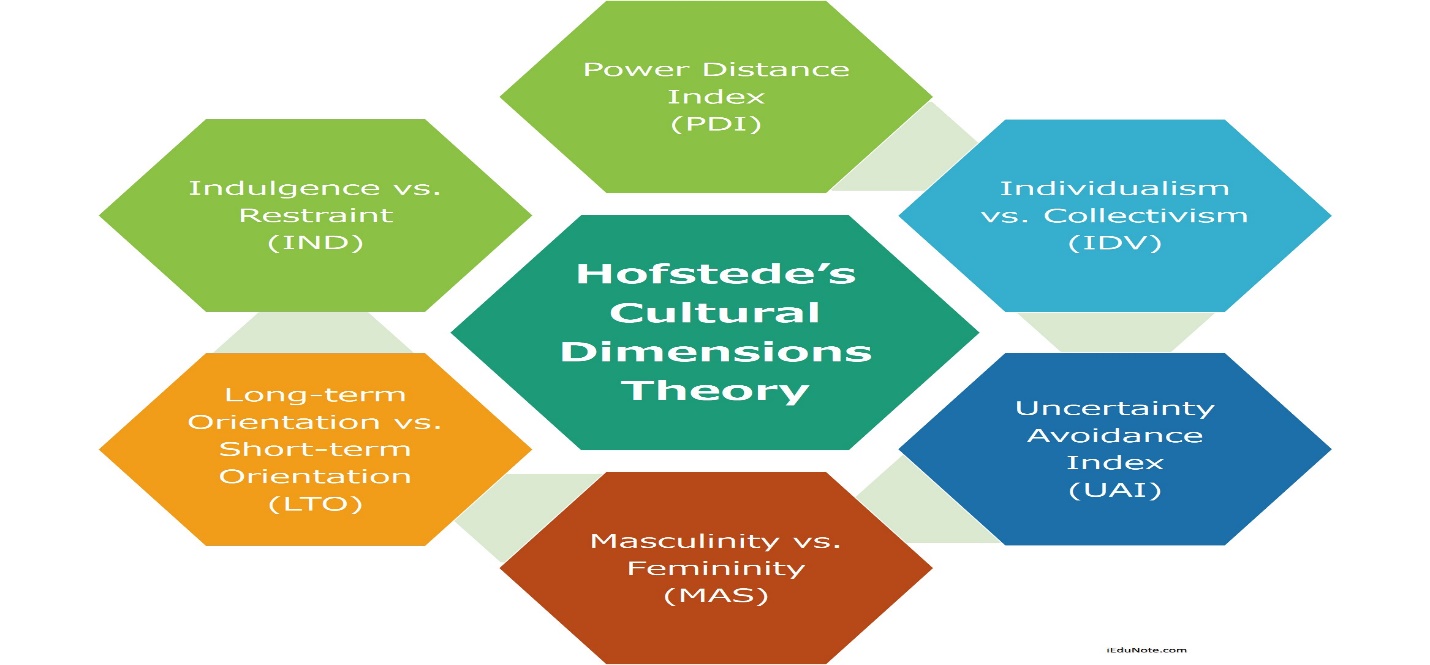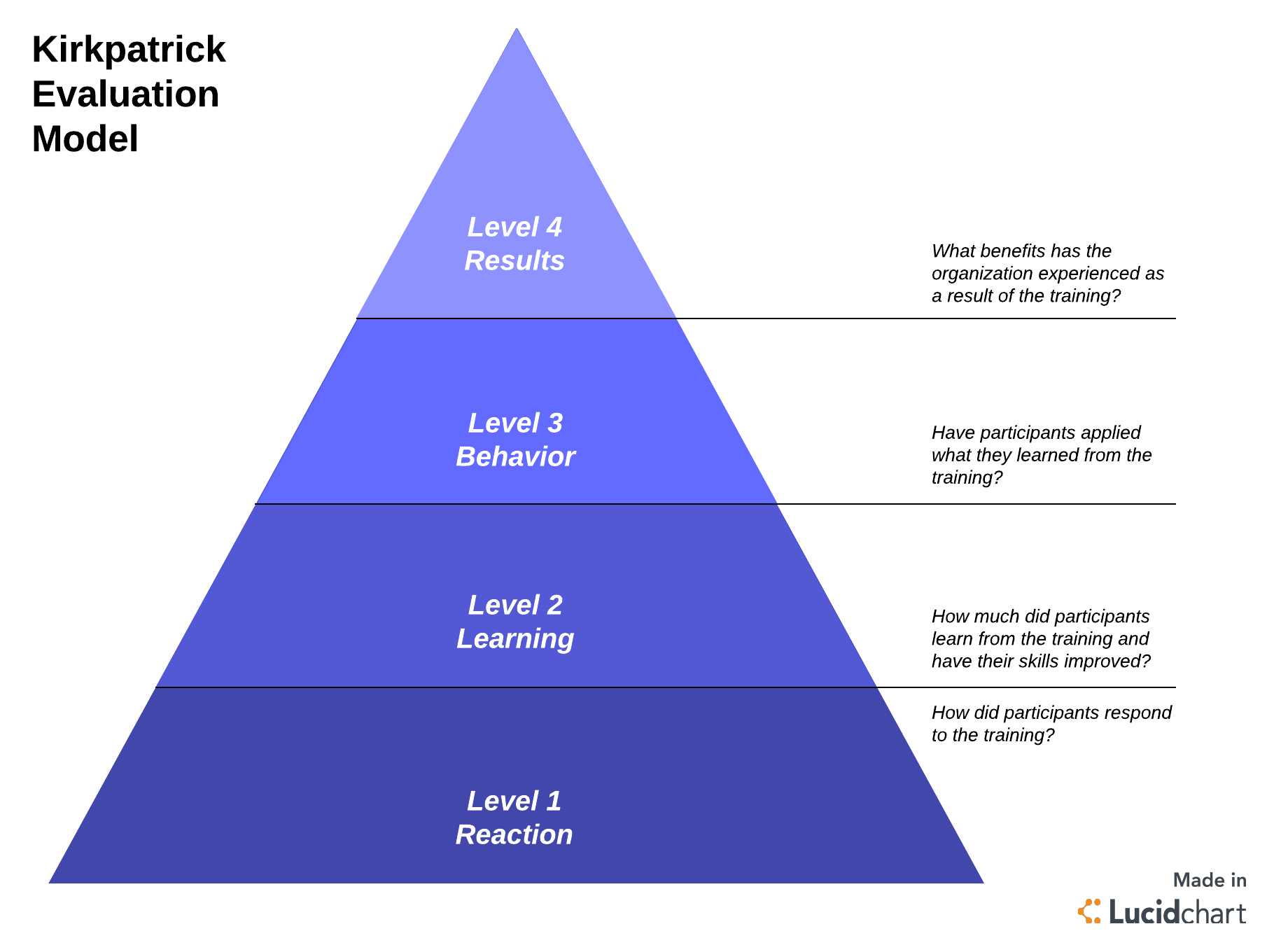Google LLC has been keen on expanding its operations beyond the North American and the European markets. Africa is currently considered an attractive market because of its growing population and economy. The company has been deploying its employees to work in international markets. One of the challenges that employees in foreign countries face is diversity. Cultural practices and beliefs in the United States are significantly different from those in Japan, India, or South Africa. Sometime, the language barrier can limit the capacity of an expatriate to perform specific duties effectively in a foreign nation (Singh & Ramdeo, 2020). It is necessary to find a way of training all the expatriates on what to expect when they are sent to a new country. As the firm explores new markets, it is necessary to train its employees on how to overcome the barriers. In this training program, the focus is to help expatriates that Google has deployed to Rwanda to cope with challenges associated with diversity.
Target Audience Description
The target group for this training is expatriates coming from the United States and Europe and moving to the new Google LLC’s offices in Rwanda. A significant number of them have never visited this part of the world before and do not understand the local culture. Given that most of them will be holding executive positions, they need to understand how to manage diversity in this foreign country.
The Intercultural Issue That Creates the Need for Training Interventions
Google has been keen on finding new markets rapidly to foreign countries around the world. Africa has become the new frontier and Rwanda was identified as one of the best destinations in the region. The challenge that the management faces is that there are some cultural differences in the host and parent countries. Issues such as the power distance index, individualism versus collectivism, and uncertainty avoidance index, as identified in Hofstede’s cultural dimension model, vary between the host and parent country (Vellnagel, 2020). Other issues include masculinity versus femininity, long-term versus short-term orientation, and indulgence versus restraint.

Behavioral Objectives of Training Program
The training program specifically targets expatriates who will be working in Rwanda. The team responsible for the training should understand the specific objectives that should be realized upon the completion of the project. The following were identified as the primary behavioral objectives for this training program.
- To assess cultural differences between the parent country (the United States) and the host country (Rwanda);
- To assess the impact of the identified cultural differences on the performance of the expatriates;
- To assess the ability of the expatriates to understand the local culture and embrace it effectively as a way of managing diversity;
- To help improve the performance of individual expatriates in the foreign country despite the cultural differences;
- To find a way of creating harmony in the workplace despite the existence of cultural differences.
Course Outline for Participants
The team will need a clear outline, identifying specific activities that have to be conducted to achieve the above goals. The outline shown in table 1 above will be used to guide the trainers in this program.
Table 1: Course Outline
Step-By-Step Training Assessment Model
It is necessary to have a step-by-step training assessment model to help determine the effectiveness of the program. Kirkpatrick’s model, shown in figure 2 below, can help in the assessment process. At the first level, the focus is to assess learners’ reactions to determine if they have the right attitude. The second level is the actual assessment of the learning process to determine what they have gained from the program (Blankenship & Baker, 2019). The third stage is to assess their behavior to determine if they have applied what they have learned. The last step is to determine the overall benefits of the training to the organization in terms of performance.

Timeline for Possible Project Implementation
The training team needs to be adequately prepared. All the activities have to be outlined, and a timeline clearly stated. It makes it easy to monitor the progress and determine if the objectives of the program are achievable within a specific period. The Gantt chart shown in table 2 below shows the activities that should be completed within a specific timeline.
Table 2: Gantt Chart of Training Activities
Content Module
The instructor will need to ensure that there is adequate preparation for the training. Factors such as specific training activities, class size, and logistics involved or mode of learning that will be used. The module should also explain how learners should provide their feedback to help determine when it is necessary to introduce specific changes to enhance the outcome of the program.
Detailed Instructor’s Outline
The instructor will need a detailed outline that defines specific activities that have to be completed within a given period. The outline should also define the logistics for the students or the means of learning that is convenient for them and the instructor. As shown in Table 3 below, the outline also shows the class size of learners.
Table 3: Instructor’s Outline
Promotional Piece and Special Needs
The training team will need to promote the training program among the targeted audience. The promotion should explain the relevance of the training to the company, individual expatriates, host country employees, and clients in the foreign country. It will encourage the target audience to enroll and attend all the online classes for the program. The program does not include special needs learners. As such, the preparations and actual training will not require any special training.
Feedback Sheet
The expatriates will be encouraged to provide feedback after every session of training. It will help in determining improvements that should be implemented by the trainer. Table 4 below is a feedback sheet that they will use to provide their feedback regularly.
Table 4: Feedback Sheet
References
Baker, C., & Blankenship, R. J. (2019). Conclusion: Creating better teaching and learning environments by focusing on teaching and learning. In Cases on digital learning and teaching transformations in higher education (pp. 184-193). IGI Global.
Daffron, S. R. & Caffarella R. S. (2021). Planning programs for adult learners: A practical guide. Wiley.
Singh, R., & Ramdeo, S. (2020). Leading organizational development and change: Principles and contextual perspectives. Palgrave Macmillan.
Vellnagel, C. C. (2020). Cross-cultural brand personality and brand desirability: An empirical approach to the role of culture on this mediated interplay. Springer.